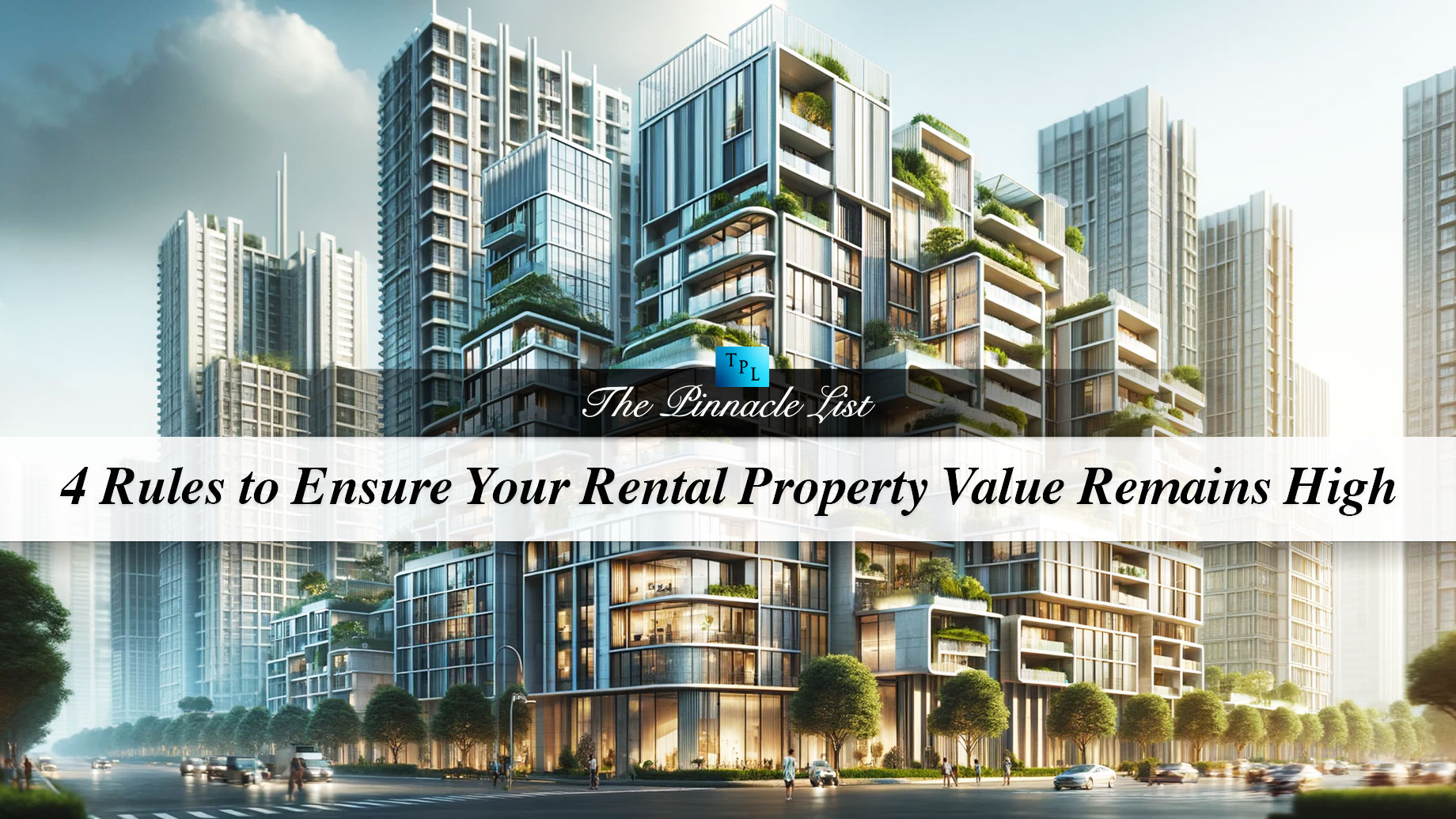
Under the right conditions, certain properties have the potential to generate a small fortune each month. However, proper care is essential for maximizing returns. For instance, you’ll need to enlist the services of dependable maintenance staff, as we’ve previously noted in . This can help with handling upkeep issues which, in turn, will preserve your property’s value and allure.
Yet, beyond the responsibilities of a landlord, a collaborative effort with tenants is necessary to further amplify a rental property’s value. By implementing carefully crafted rules that foster a harmonious renting experience, landlords are better able to maintain the overall value of their properties and ensure tenant satisfaction. Below, we explore four rules to outline for tenants that can help your rental property remain lucrative in the long run.
Efficient waste management
A well-managed waste disposal system minimizes the risk of pest infestations, odors, and environmental hazards. This helps safeguard the property’s long-term viability. Furthermore, a property that’s free from clutter and debris instantly creates a positive impression, attracting potential residents who value orderliness and reducing future risk of property damage.
To encourage proper waste disposal, implement clear guidelines and have this in the rental contract, alongside written reminders around the property. These guidelines can include recycling procedures, garbage collection schedules, and penalties for violations. You can also provide designated waste disposal areas with clearly marked bins for recycling and general waste.
Responsible pet ownership
Allowing tenants to have pets can broaden your pool of potential renters, considering that 66% of US households own a pet in 2024. However, clear guidelines are necessary. Not all pet owners are responsible, with Forbes Advisor finding cleaning up after a dog (27%), training the dog (25%), and barking or whining (24%) among the top challenges associated with dog ownership.
By establishing rules such as leash requirements in common areas or waste cleanup responsibilities, landlords can minimize the likelihood of pet-related issues such as scratches, stains, and odors that lower the value of the rental property. At the same time, incorporating pet-friendly amenities like designated play areas or even partnering with local pet services can create a more sustainable, community-oriented, and pet-friendly living environment.
Smoke-free living
Stained walls, lingering odors, and potential fire hazards are just a few concerns associated with smoking indoors. That’s why implementing a no-smoking policy can help preserve the quality of your property. This can also attract a broader range of tenants who prefer a smoke-free living environment. However, this doesn’t necessarily mean cutting off the 11.5% of US adults currently smoking cigarettes.
Fortunately, sales of smokeless tobacco have continued to grow in recent years, with cleanliness and discreetness cited as factors encouraging the use of nicotine pouches like ZYN. Nicotine pouches are stain-free, smoke-free oral products that are easy to dispose of and growing in popularity, and tenants can be encouraged to use these alternatives while on the premises. Options are also available for heavier smokers, with Juice Head pouches coming in nicotine strengths of 6 and 12 mg. Its range of fruit-forward flavors, from blueberry lemon to peach pineapple, makes it an attractive option to a variety of users. This helps satisfy all renters, with smoking tenants indulging in their preferences responsibly while maintaining the pristine condition of the property.
Regular inspection
By addressing maintenance concerns promptly, landlords can prevent minor issues, such as leaks, faulty wiring, and wear and tear, from escalating into major problems. This can ultimately save on repair costs and maintain the property’s value. However, some tenants may hesitate to raise concerns about needed repairs. Others may neglect to do so entirely, requiring some smaller landlords to seek tenant relations support from local organizations like the California Apartment Association. Implementing a proactive approach to property maintenance through regular inspections and preventive maintenance programs can help mitigate this challenge.
Start by communicating the importance of these inspections to tenants, ensuring their cooperation and understanding of the long-term benefits of a well-maintained property. Afterward, establish a schedule for routine maintenance tasks, including HVAC system checks, gutter cleaning, and roof inspection, that is convenient to you and your tenants.
By focusing on policies that directly impact tenants, landlords can create a positive living environment that increases property value simultaneously. For more on real estate, check out our other articles on The Pinnacle List.